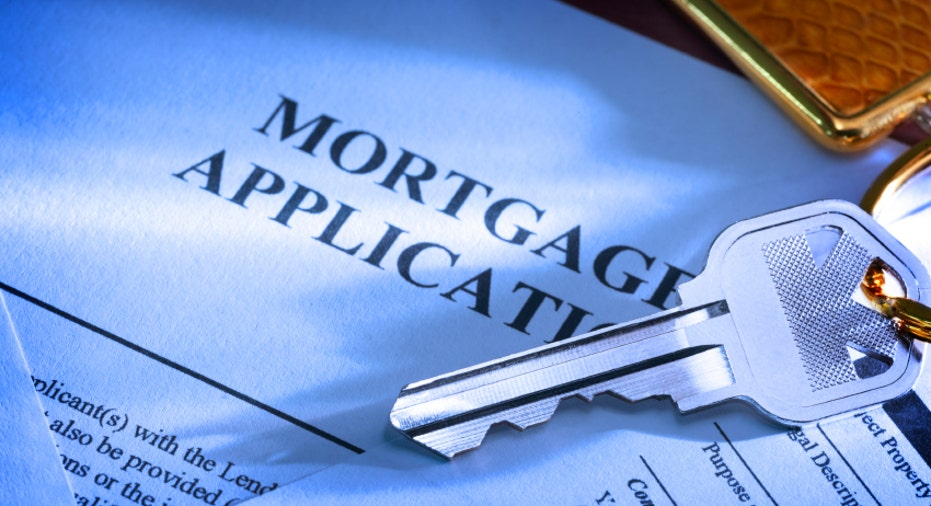New Math for Old Mortgages

Wouldn't it be great if you could simply refinance your own high-interest mortgage, without going through a bank or paying closing costs?
In a way, you can, says Keith Gumbinger of HSH.com, a Riverdale, New Jersey, mortgage research firm. His theory is that you can lower your effective interest rate by pre-paying the loan. That's a strategy that might be especially useful for homeowners who can't refinance or who have a low balance left on their loans and can't find a refi deal that is worth its closing costs.
Gumbinger has devised a couple of new calculators that can help homeowners figure out how to do this and whether they want to. One, the PreFi Calculator () will calculate the effective interest rate that results from paying a fixed extra amount every month. The second, called the LowerRate prepayment calculator, can determine the exact amount of extra principal to prepay monthly if you want to hit a particular interest rate).
To be clear, pre-paying your mortgage doesn't really lower your interest rate. But what it does do is reduce the actual dollar amount you pay in interest over the life of the loan, so you end up paying the same amount in interest that you would if you had a lower interest rate.
Here's an example: Say you have 12 years left to pay off a 30-year fixed-rate mortgage that started out at $250,000 and carries a 6% interest rate. You've already paid off $227,355 and only have $62,241 left to pay.
With such a small amount left, you'd have a hard time finding a lender willing to write you a refi loan. Furthermore, with closing costs running into the thousands, you'd have trouble saving enough interest on the refinance to justify the closing costs.
But if you paid an extra $200 a month, you'd burn the mortgage two years early and save $10,925 in total interest costs. The total amount of interest you would pay - $51,318 - would be equivalent to the interest you would pay if your interest rate for the remaining 12 years were 5.36% instead of 6%.
So, you're not technically lowering the interest rate, but you are reaping similar savings. The question is, do you want to do that? Here are some considerations.
-- The strategy fits a narrow category of homeowner. Picture someone who can't refinance an older mortgage, has a high interest rate and wants to get out from under the loan to free up cash for college or retirement.
-- The same old calculus applies: If you can make more money investing than you can save by paying down the mortgage, you're probably better off not paying off the mortgage early. Even a 6% mortgage costs only 4.5% a year if you're in the 25% tax bracket and deduct interest, says Greg McBride, senior financial analyst at Bankrate.com. The final cost of the loan would be even less after the deduction reduced state income taxes, too.
-- You will lose some financial flexibility. "When you take liquid cash or sell other investments to pay off a mortgage, that money's gone," says McBride. "You can't get to it if you need it for an emergency."
-- There may be better things to do with your money. If you've already maxed out contributions to your 401(k), your individual retirement plan, your kids' 529 college savings plan and your emergency fund, and you have no credit card balances, then by all means think about pre-paying your mortgage. But all of those are likely to be higher priorities for that extra $250 a month.
-- Having the data helps either way. It's worth using the HSH calculator or a similar prepayment calculator to determine how much you would save by prepaying extra principal every month. Once you get that information, you can compare it to the savings you would see if you refinanced instead. Ultimately, that's what Gumbinger decided to do with his own home loan - after running all the numbers, of course.



















